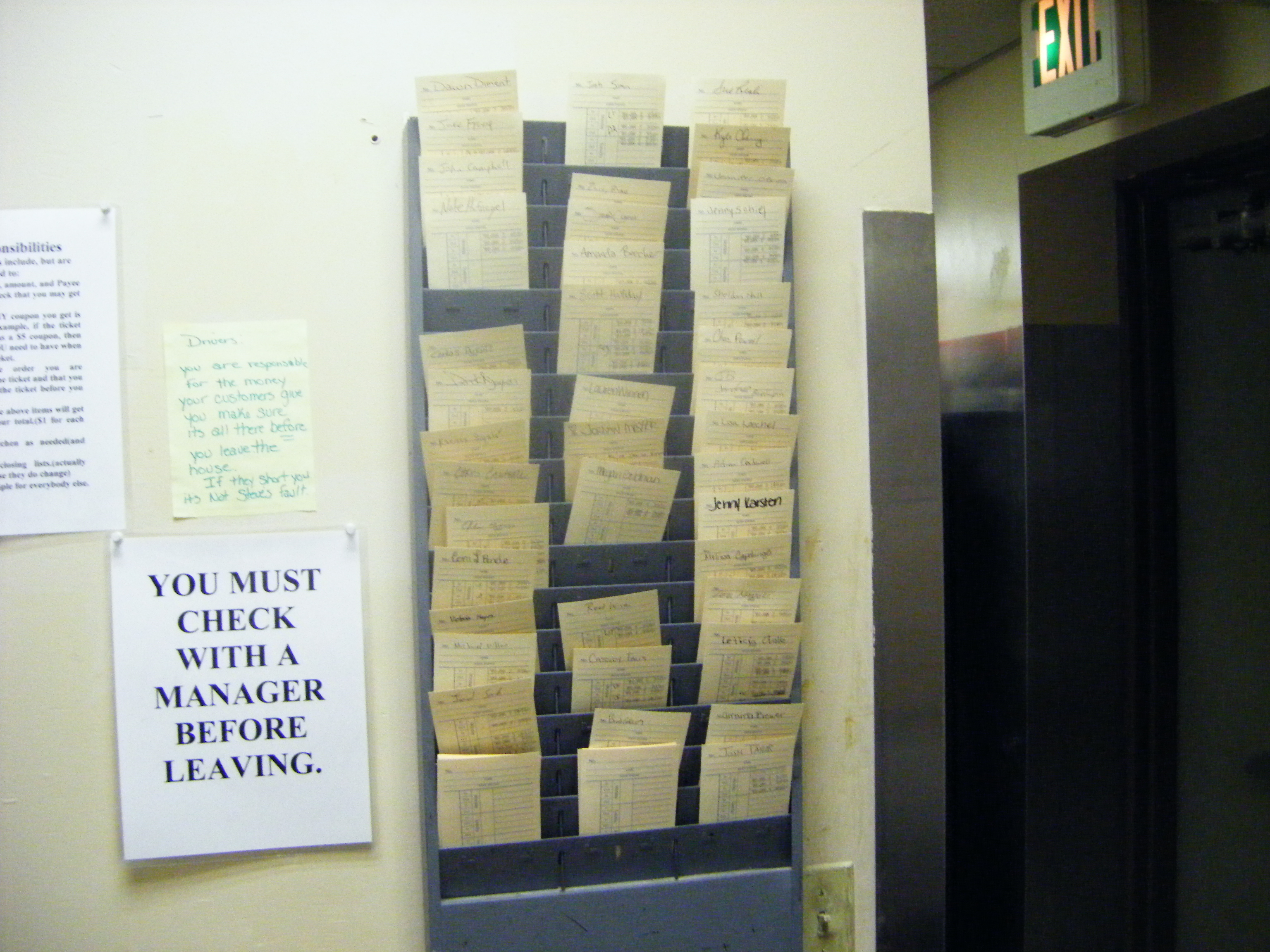
Why getting workers their schedules in advance is good for business
Why getting workers their schedules in advance is good for business

When Adam Orman was bartending, he used to find out on Sunday whether he’d be working on Monday.
“Yeah, it’s the worst,” Orman said. “I did not have kids, but I wanted to have a life.”
Now, Orman’s the boss as co-owner of two restaurants in Austin, Texas. He does have kids and said the goal is to get staff schedules out a month in advance.
“Predictive scheduling is one of the things that I think is probably most appreciated by the team and doesn’t cost us a penny,” Orman said.
If you’ve worked an hourly shift job, chances are you know what it’s like to not know when you’re working. The service sector has a reputation for giving workers their schedules without much advance notice, occasionally as little as a day. But there are glimpses of change in some places, where businesses are adopting “predictive scheduling.” That’s either because employers are legally required to get schedules out earlier — or they realize it’s good for business.
At one of Orman’s restaurants, an Italian spot called L’Oca d’Oro, manager Mallory Valentine was answering phones and getting ready for the dinner rush.
She said knowing when she’s working helps her plan her custody schedule for her kids. It also helps her mentally prepare for work.
“So that I can be there for my co-workers. So that I can not bring a chaotic energy into the workplace with me,” Valentine said.
But it can be hard to stay on top of this kind of scheduling. It’s been busy here — L’Oca d’Oro just opened a sister restaurant — and the release of the kitchen staff schedule slid to coming out just two weeks in advance.
Still, that’s better than average for the service industry.
“It’s really the norm to provide shorter notice,” said Kristen Harknett, a sociology professor at the University of California, San Francisco, and co-director of the Shift Project.
Her research on hourly workers at large retail and food service employers in the U.S., including fast food and restaurant chains, finds that two-thirds of them get less than two weeks’ notice.
Also, a majority say their schedules often change at the last minute. “Your shift might be canceled, or you might be asked to stay late. So things do shift around a lot,” Harknett said.
She pointed out that one state — Oregon — and a handful of cities now have laws requiring that some employers hand out schedules at least two weeks in advance.
Harknett studied the effects of this in Seattle and found workers there reported improvements in sleep, economic security and overall levels of happiness. That’s good for their employers too.
“We have seen in our research evidence that when workers provide more stable schedules that employees are more loyal, they’re less likely to say that they’re looking for a new job,” said Harknett. “And turnover is very costly for businesses.”
So if it’s good for business, why do so many employers in the service sector keep their workers in suspense?
“It’s a bad habit,” Harknett said. “It’s a business culture where there’s been this single-minded focus on minimizing labor costs, without respect for any of the other costs of this approach.”
One possible solution, Harknett noted, is technology.
John Waldmann, who leads payroll and scheduling app Homebase, found one challenge was some restaurants were creating the schedule from scratch each time. So, his company provided different templates, even for weeks that were different.
“Templates helped a lot,” said Waldmann. “Instead of feeling like, ‘Oh, I’m building a new schedule every week,’ it’s like, ‘Well, we really have three variations of the schedule.’”
So restaurants can pop in the “Valentine’s Day is on a Tuesday” schedule. Or the “It’s Memorial Day and everyone will be out of town” schedule.
At L’Oca d’Oro in Austin, owner Adam Orman said it’s also a matter of prioritizing these kinds of administrative tasks.
“It is an easy thing to let fall through the cracks,” he said. “Paperwork, inventory is a really important part of the job, but it doesn’t seem as important as cooking.”
But Orman has seen the payoff of doing this paperwork. Turnover for his staff is about 40%, he said. That’s way better than the rest of the hospitality industry, where it was about 76% last year.
Orman wants his workers to stick around. “We wanted to make sure it’s a thing grownups can do,” he said. “That people can be at the restaurant for a long time. So that our customers recognize their servers, and that our servers recognize them. We want it to be a place for regulars.”
Orman said that if the restaurant industry wants to be taken seriously, then it has to provide things for employees that other industries provide.
Essentially, it has to grow up too. That means not leaving tasks like scheduling to the very last minute.
There’s a lot happening in the world. Through it all, Marketplace is here for you.
You rely on Marketplace to break down the world’s events and tell you how it affects you in a fact-based, approachable way. We rely on your financial support to keep making that possible.
Your donation today powers the independent journalism that you rely on. For just $5/month, you can help sustain Marketplace so we can keep reporting on the things that matter to you.

















